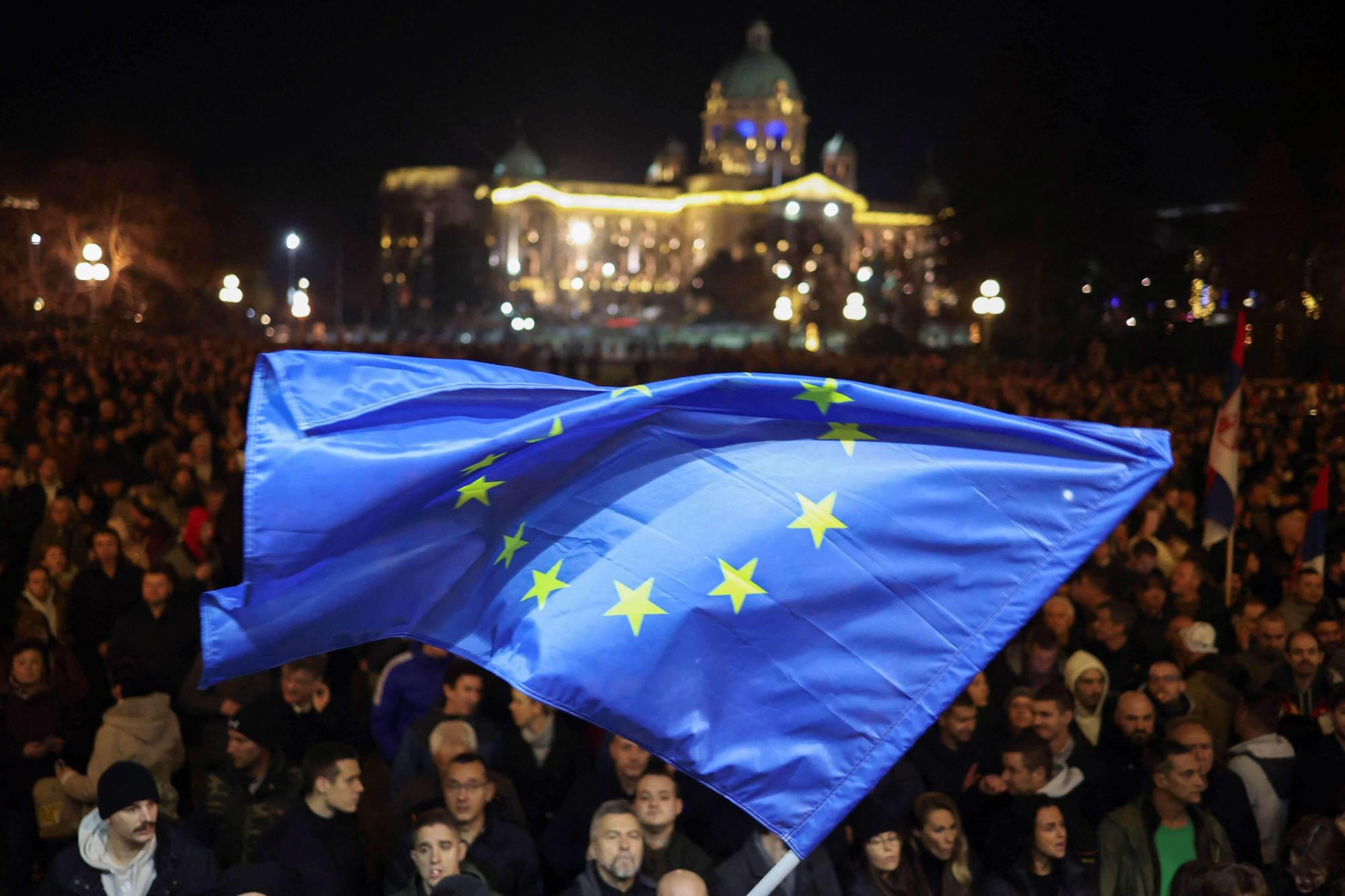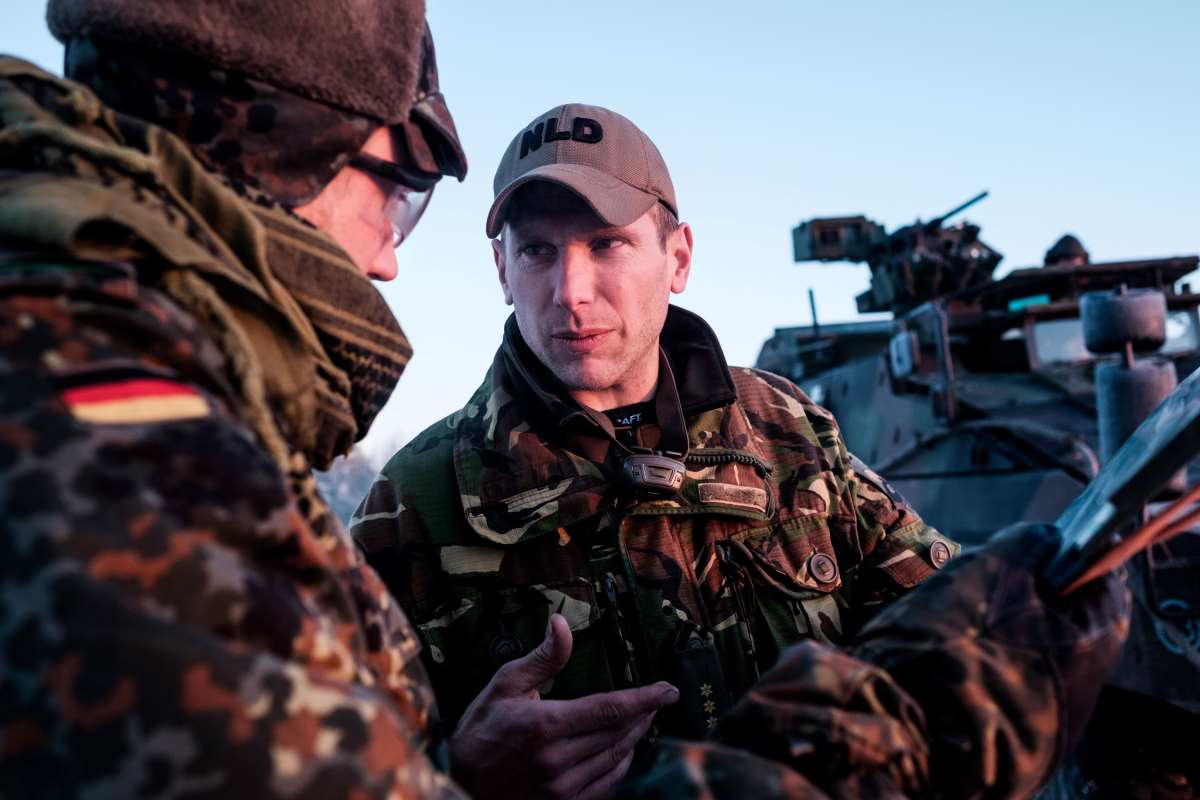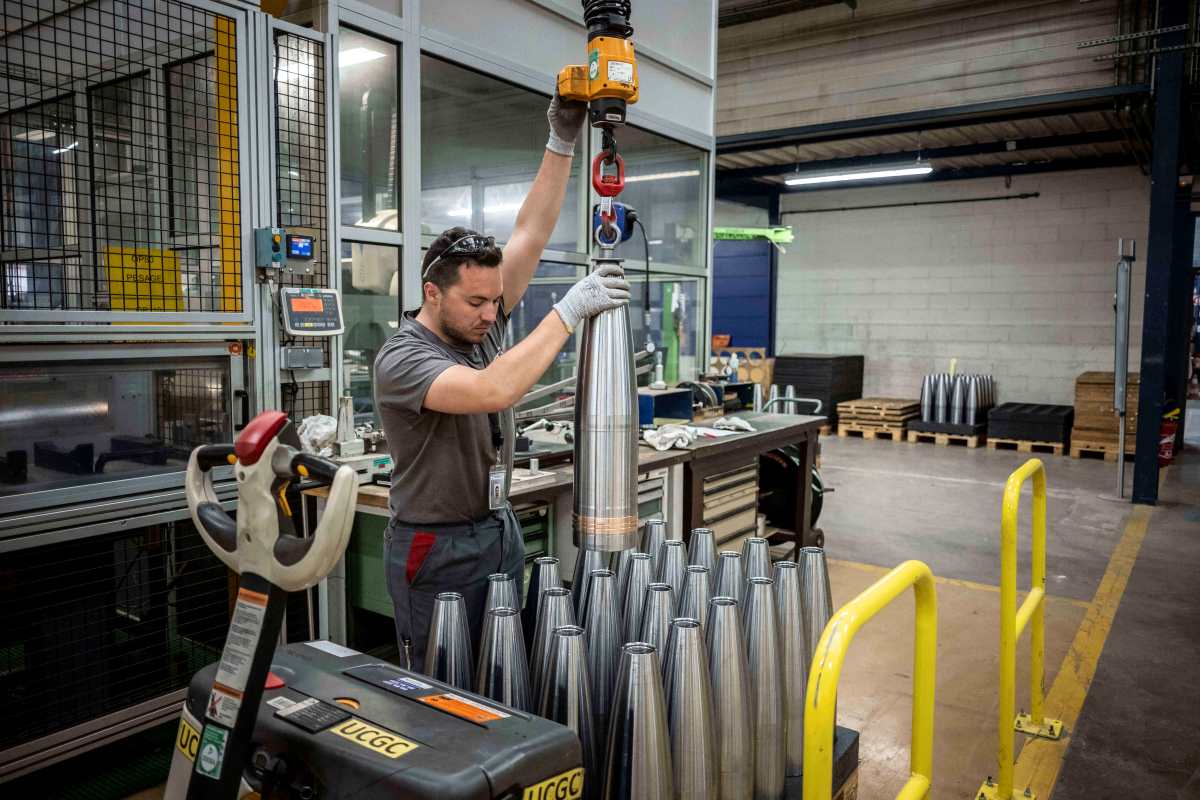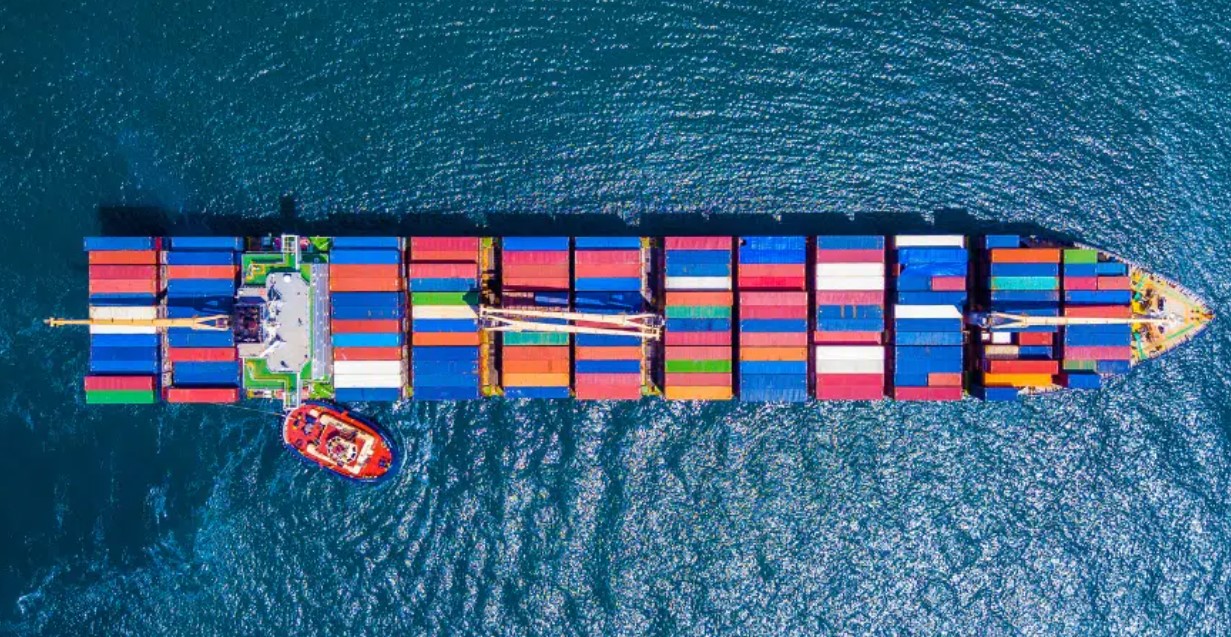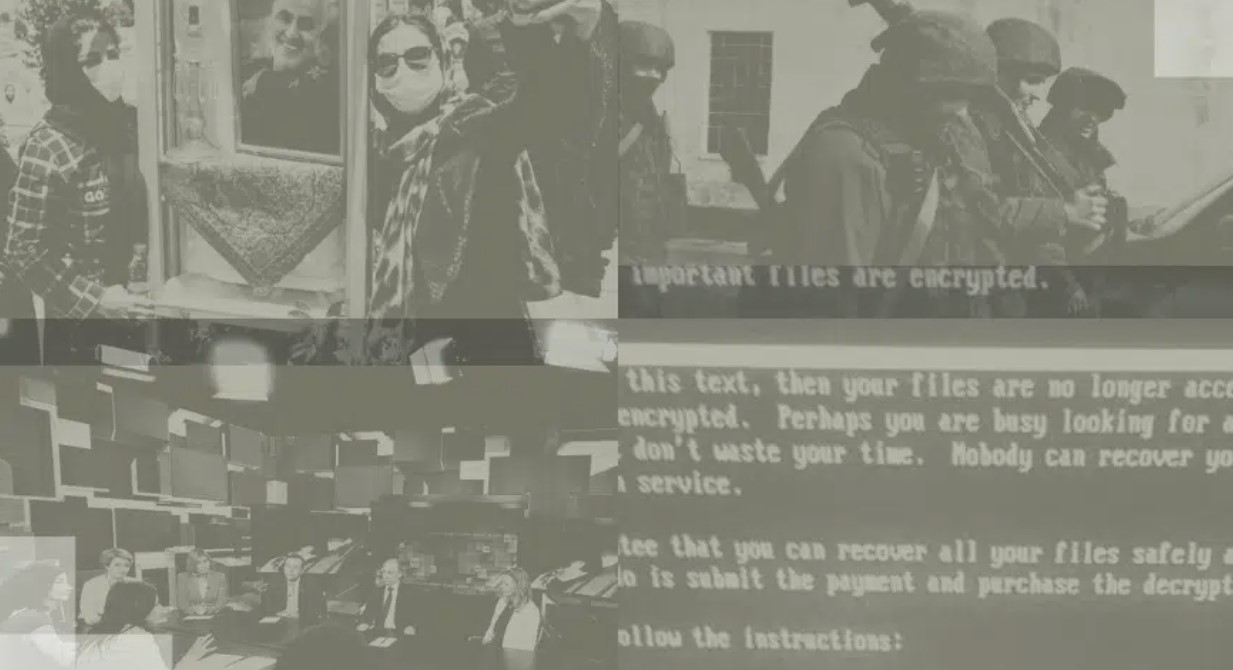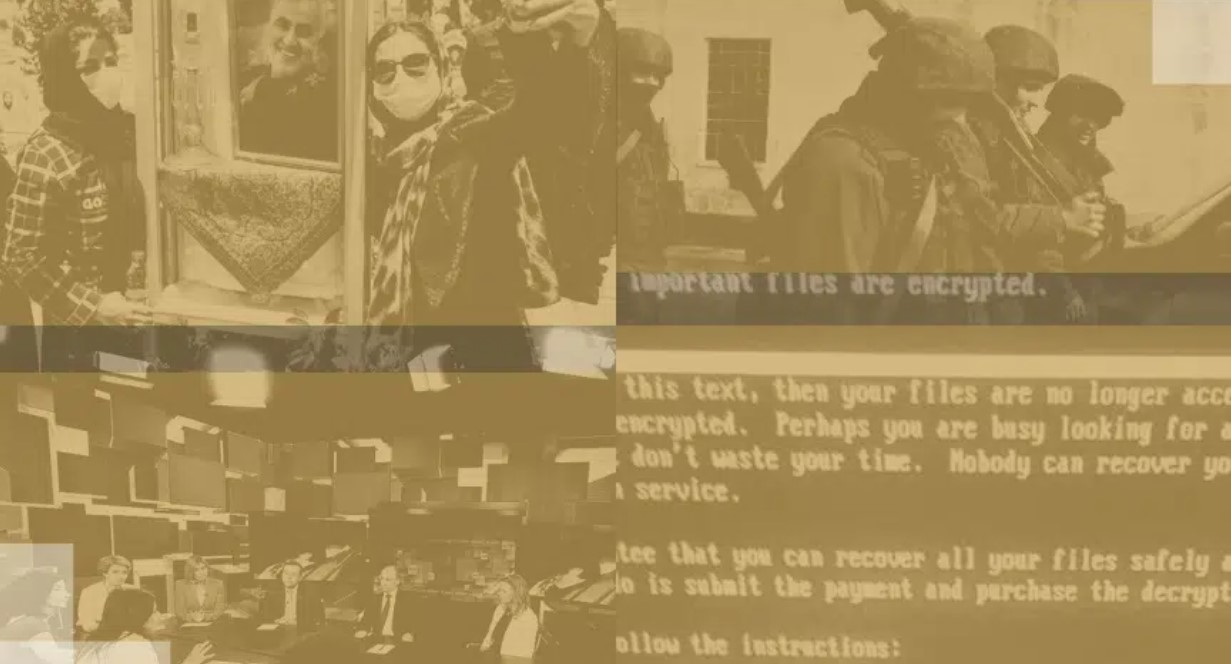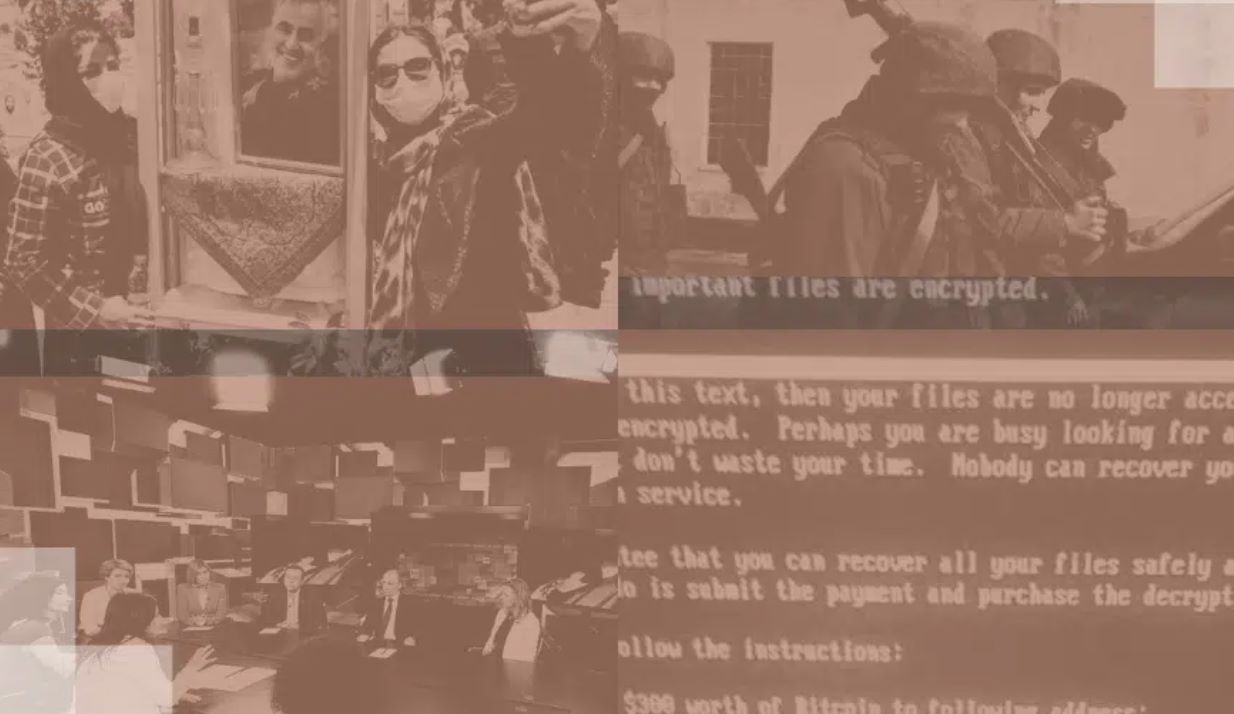De-risking by promoting digital solutions for green tech
Going Dutch?
Against the backdrop of geopolitical tensions, the growing demand for technologies that will accelerate the green transition exposes European countries to risks. Most attention is devoted to strategic dependencies on China for critical raw materials (CRM) and components that are necessary for such technologies. However, the data-driven digital elements and applications used, for instance, to optimise energy use are also relevant, as they intensify cybersecurity and data privacy-related concerns. To de-risk Europe’s strategic dependencies in this field, adopting a balanced approach between ‘promoting’, ‘protecting’ and ‘partnering’ is essential. This Clingendael Policy Brief focuses on the ‘promote’ angle by exploring the role of the Dutch government and private sector in fostering the Dutch digital green-tech industry. With its track record in innovation within the EU, the Netherlands is well placed to boost the commercialisation of digital green technologies through procurement. Moreover, the Netherlands could lead the discussions on defining cybersecurity standards and interoperability norms at EU and international forums.
Authors:
Alexandre Ferreira Gomes - Research Fellow, Clingendael Institute
Giulia Cretti - Research Fellow, Clingendael Institute
Maaike Okano-Heijmans - Senior Research Fellow, Clingendael Institute


